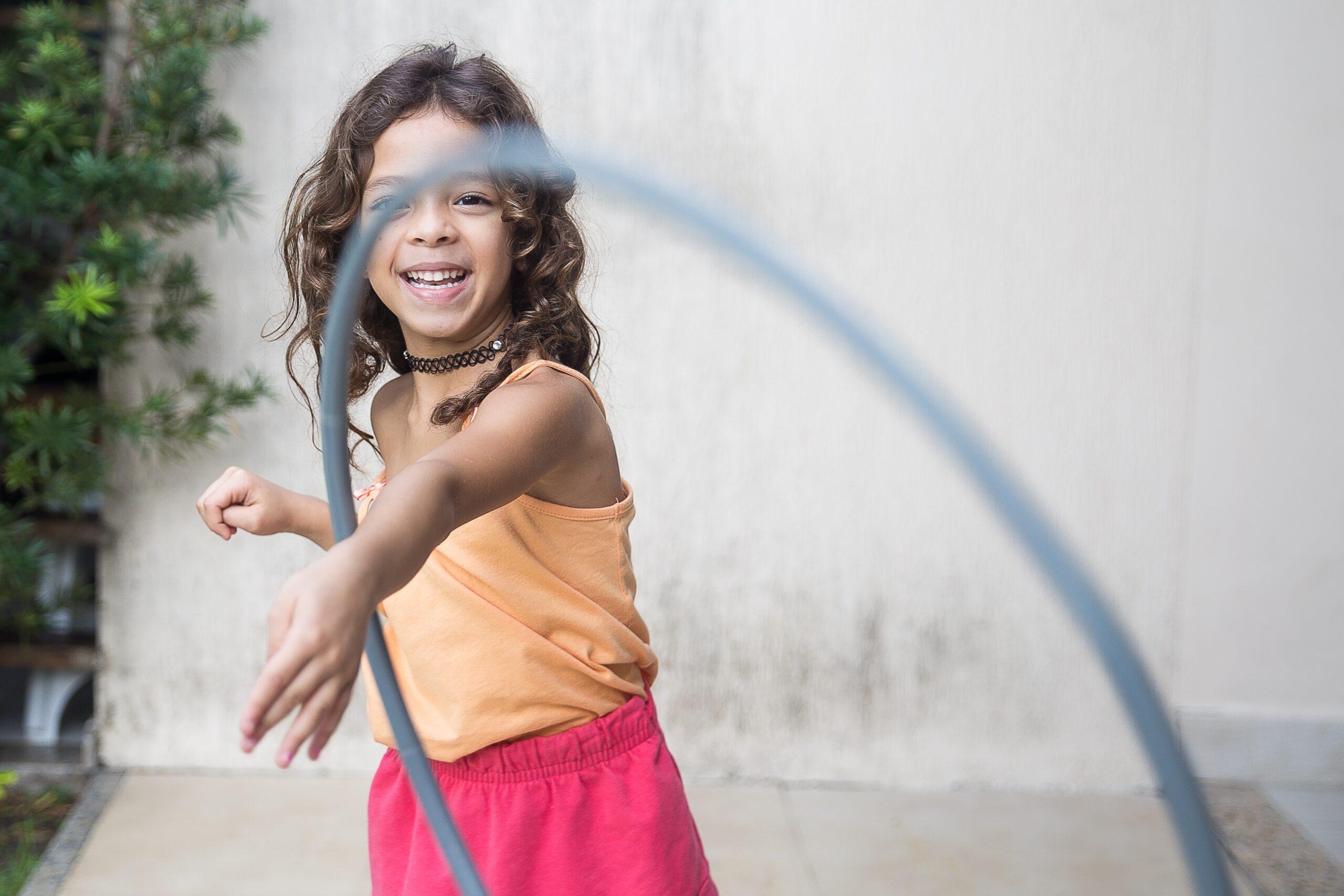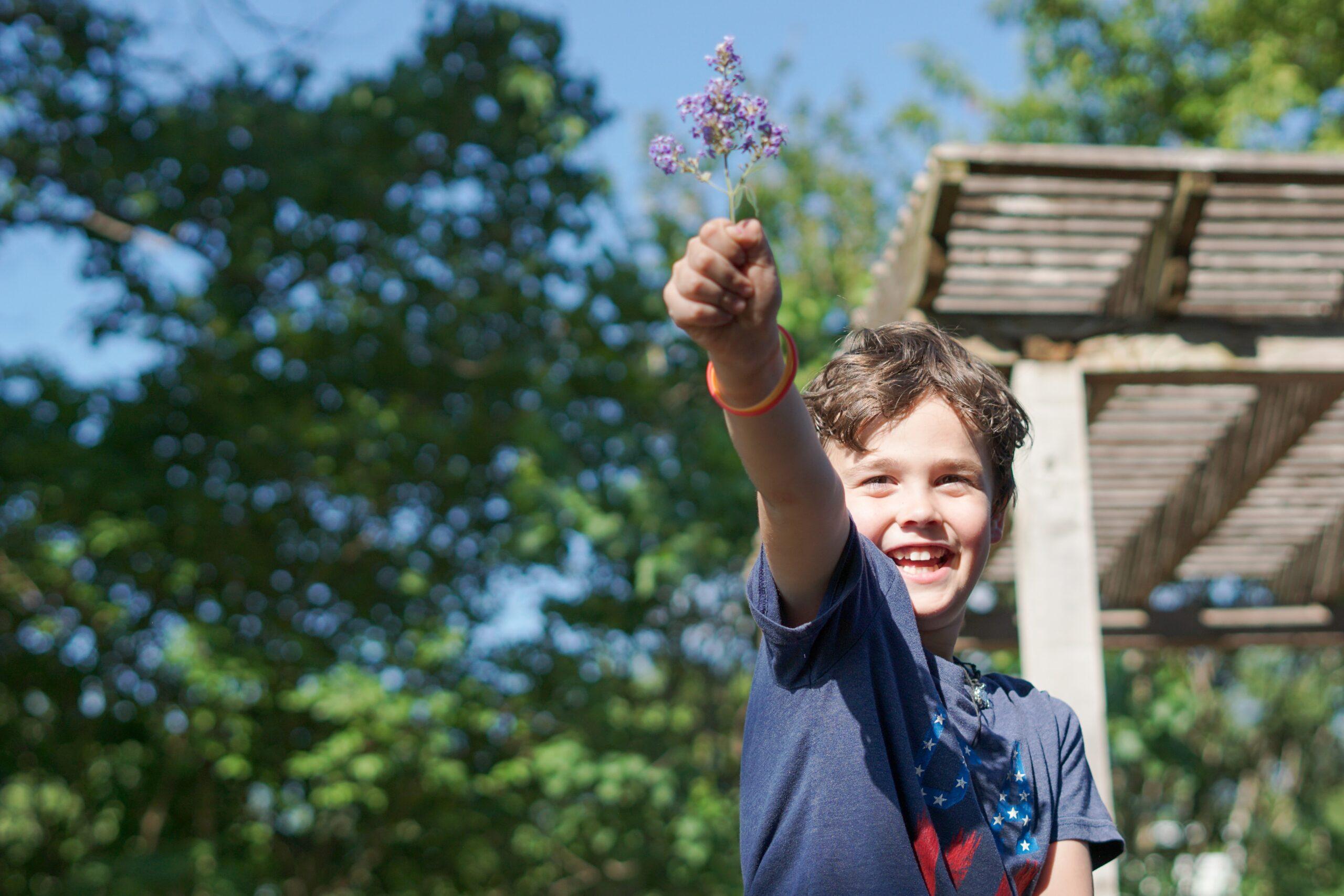When it’s time to get your child up in the morning, could you use a little help?
Children with ADHD tend to have problems rousing themselves to become fully awake from sleep. As they first wake up, they also tend to be irritable, argumentative and oppositional. A common issue is that children with ADHD tend to be absent-minded, disorganized, indecisive and forgetful in the morning. In other words, they may be like scatterbrained grizzly bears upon first arising.
Why Are Mornings Difficult?
Why do kids and teens with ADHD have so much irritability and mental disorganization upon first arising? There are several reasons.
Lowered Brain Nutrients
The ten or so hours between dinner the preceding evening and the moment of arising the next morning deplete needed brain nutrients.
Too Many Decisions
Children with ADHD can be thrust into making too many decisions first thing in the morning, such as what to wear and what to take to school.
Time Pressure
The child with ADHD, along with the rest of the family, may be rushing around, gathering needed materials and competing for bathroom time and breakfast food.
Insufficient Sleep
Children with ADHD require about ten hours of sleep but usually get far less. They are apt to have sleep abnormalities and disturbances during the night that further rob them of the REM sleep needed to refresh brain functioning.
Allergens
Research reveals that about three out of four children and teens with ADHD show increased irritability and mental disorganization when exposed to allergens, including what may occur in a bedroom if certain anti-allergenic measures are not taken.
Launching the day can tax the patience of any parent, as well as the patience of siblings and the child who has ADHD. Here are tips for getting your child with ADHD out of the bedroom, ready for school and equipped to begin the day on a positive note.
The Night Before
Bathing
Hogging the bathroom creates a lot of conflict. And as children with ADHD are generally overly aware of skin sensations, they often relish the gentle stimulation of a shower or bath and take a long time in the bathroom in the morning if given the opportunity. To quell any conflict, and save some hot water, arrange that long shower or bath in the evening as part of the bedtime routine. The experience will calm your child, making bedtime go smoother and granting a more restful night’s sleep.
Bedtime snack
Provide a protein-rich bedtime snack about 30 minutes prior to bedtime. Tryptophan, the protein that occurs in abundance in milk, turkey and chicken, is a natural sleep inducer for anyone, including those with ADHD. But just about any protein-rich snack is likely to be helpful. Oatmeal, Oat O’s, whole-wheat cereals, Cream of Wheat, an egg, some meat or fish, milk (not chocolate), cheese, pumpkin seeds and sunflower seeds are examples of wholesome snacks that often work as a practical and relatively efficient get-to-sleep aid for most children with ADHD.
Protein can be a double-edged sword, however. Be mindful not to feed your child any protein that he or she might be allergic to. There is about a 75 percent likelihood that ADHD symptoms will worsen when a child with ADHD experiences any food allergy.
Prepping
Instead of expecting your child to make a lot of decisions upon first arising, set out clothes for school the night before. Agree on school lunch items, breakfast food choices and other decisions that can be made the evening prior to school. Lastly, place your child’s notebooks, textbooks and other school items on a chair near or blocking the front door. This way your child won’t forget them.
In The Morning
Waking
Sometimes children with ADHD have difficulty coming out of sleep into wakefulness. Try an extra loud alarm by placing an alarm clock on a metal pie pan with dimes in it in a metal cookie tin turned on its side. You can even purchase alarm clocks with extra big bells on them. Or try one of the special vibrators that can be pre-set to start vibrating in the morning as a wake-up device.
One of the most efficient ways to help children with ADHD become fully awake is to take advantage of the sensitive awareness of their skin. Gently wipe a cool and damp washcloth over your child’s brow and cheeks while whispering a greeting such as: “Good morning, Sweetie, time to get up. I love you!” Don’t try water in the face as a surprise. Rather, agree upon an arrangement ahead of time. Your child must want and expect the water as an aid to waking up. Have your child show you the desired water temperature with a practice wipe before going to bed.
Charts and reminders
Sit down with your child and arrange the correct sequence of morning preparations you want to employ. Put them on a chart that can be placed in a location convenient for your child to refer to, such as inside the bathroom or your child’s desk drawer. For a young child who has ADHD, make a fun chart with pictured reminders about brushing teeth, putting pajamas in the hamper, combing hair, gathering school books and doing other launch-of-day routines. Or invite your child to make a tape recording in which your child reminds himself what to do when. No more being nagged at by mom or dad!
I often teach physicians a method of adjusting early morning medication to allow everything to go smoothly. The technique is to give the child 2.5 milligrams of short-acting (not timed-release) stimulant medication 30 minutes before the alarm is to ring, then have the child lay back down and rest until the alarm rings. This small amount of medication should supplement, not replace, the amount already prescribed as the morning dosage. But the method should be employed only with your physician’s guidance and approval.
Medication
Once the child comes downstairs, eating breakfast together is great— except when a war ensues rather than peaceful meal. Carefully decide who sits where at breakfast, as well as who eats when
Visual reminders
Another way to help get a child with ADHD through morning preparations stress-free is to have a visual time reminder that provides constant feedback as to how much time is left prior to your child’s having to leave. Auditory reminders such as buzzers and bell timers are not as effective and tend to interrupt and irritate rather than teach time management.
I have created an optimum device (the Time Timer, available from numerous outlets including add-plus.com), which has a red disc that slowly disappears as time passes. You can even arrange a “beat the clock” contest with a special long hug awaiting your child if all of the preparations are accomplished prior to the disc’s complete disappearance.



